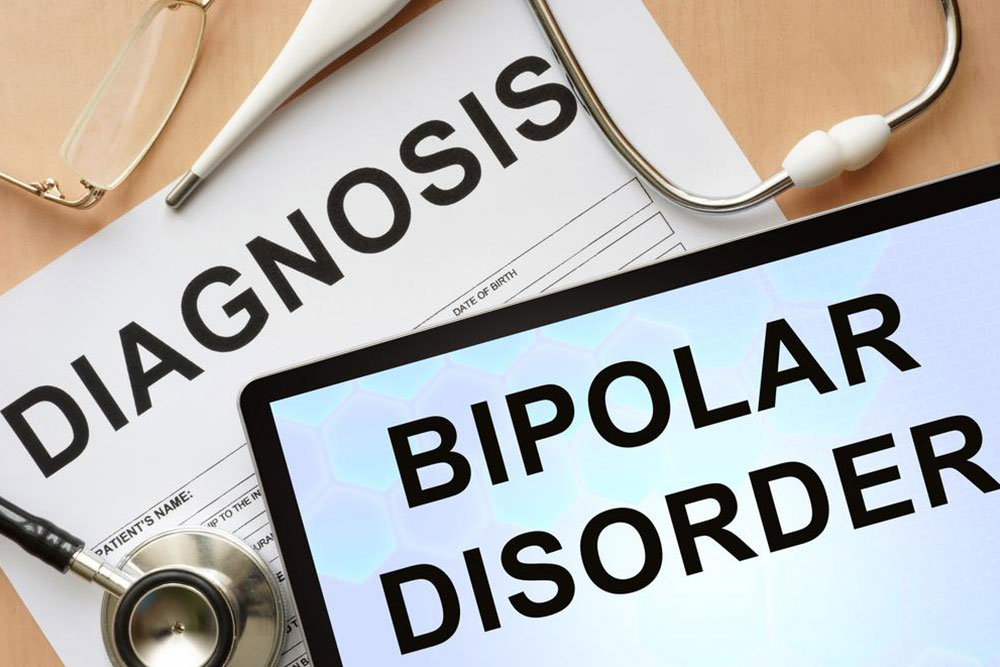5 subtle signs of bipolar disease
Bipolar disorder is a psychiatric condition that affects the brain and functioning of the patient in an adverse manner. This is a condition where the patient goes through extreme mood swings and bouts of mania followed by bouts of depression. Treatment of bipolar disease is a matter of recognizing the signs and carrying out proper diagnosis so as to contain the extreme emotions and mood swings that a patient may go through.

Mood swings: This is one of the top symptoms of bipolar disorder. While most human beings go through mood swings in some form or at some time or the other, people who are suffering from this condition will show an extreme swing of emotions in a matter of days and weeks. This happens due to the hormonal changes in the brain of the patients. Also, while normal human beings retain their basic personality through their mood swings, patients suffering from bipolar disorder will not have any set personality apart from the one dictated by the mood swings. The extremity of the mood swings and the frequency of the same is one of the main symptoms of this disease.
Mania phase: Extreme mania or happiness coupled with the sudden desire to do many things at one time is one of the mood extremes that may be seen in such patients. They will suddenly have a lot of enthusiasm and energy. Most of them will suddenly display a hyperactive side that may not have been seen for months at a time. This mania phase is one where nothing will faze the patient and he will show an unreasonably high sense of positivism bordering on hazardous behavior like taking risks and gambles which may also have grave physical dangers.
Depression phase: The other side of the maniac phase is the depressive phase. Most patients suffering from this condition will also show a side of hopelessness and helplessness for weeks and month before the mania sets in again. This depression phase is one where everything will appear bleak and it will become difficult to cajole the patient into leaving his or her room, or even to have a normal conversation with people. During this phase, patients will tend to avoid social scenes and they have very little to do with their family and friends as well.
Memory and concentration: When a person is swinging between such extremes with no neutral phase in between, then there are many other functions that will take a beating. The memory and concentration of the patient will fall and there will be a sharp decline in their cognition as well.
Suicide attempts: During the depression phase, one must be careful to remove all kinds of medicines, sharp objects, sleeping pills and even guns from the vicinity of the patient as they will be silently preoccupied with death and thoughts of suicide. This is one of the main symptoms which will also need to be tackled in order to carry out treatment for bipolar disease and depression that stems from the same.